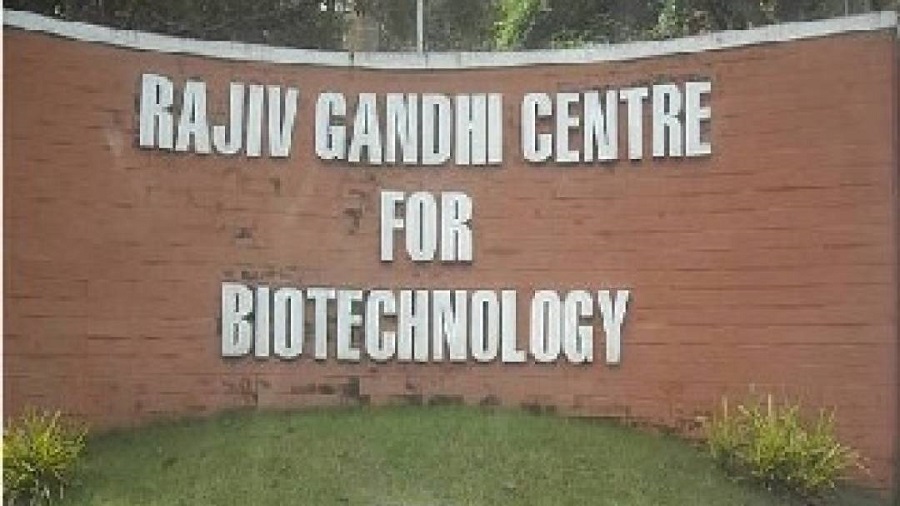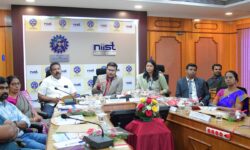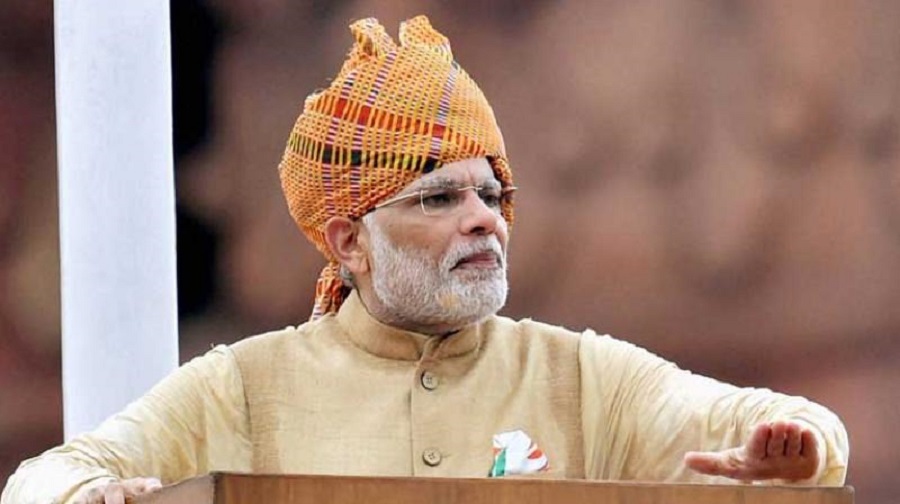
THIRUVANANTHAPURAM:
Council of Scientific and Industrial Research (CSIR) Director General Dr Shekhar C Mande today warned that the Covid-19 crisis is far from being over and allowing a “third wave” by lowering our guard is fraught with grave consequences.
Also, continued collaboration across institutions was necessary to come out of the current situation as well as ward off catastrophic situations arising from climate change and over dependence on fossil fuels which had the “potential to wipe out the entire humanity.”
He was speaking on” Ïndia’s response to Covid-19 from S & T perspective” at a virtual “National Science Day Lectures,”organised by Rajiv Gandhi Centre for Biotechnology here.
Dr Mande clarified that India is nowhere near achieving herd immunity and as such people should continue to wear masks and maintain social distancing and hand hygiene to stay away from getting infected by the virus.
Cautioning the people and the scientific community against allowing “complacency to set in,” he warned that a third wave will precipitate a far more dangerous situation than the challenge the country had faced so far.
RGCB Director Chandrabhas Narayana moderated the digital lectures. Kris Gopalakrishnan, Chairman of Axilor Ventures, and Jayant Sahasrabudhe, National Organising Secretary of Vijnana Bharati, also gave lectures.
Answering questions from the scientific community, Dr Mande expressed the hope that the Covid-19 vaccines would be effective against the Covid-19 virus variants. The evidence “is not very strong” that the vaccines would not work against the mutated virus. “We would like to believe that the vaccines are effective” against the variants as the vaccines worked against the entire part of the virus while the mutation took place on a part of the virus , he explained.
The prevalence of Covid cases had come down not because of herd immunity, but because of other reasons, including wearing of masks and people remaining outdoors during the winter. The fact that the virus remained suspended in the air in closed areas and it lost its potency in open areas helped a great deal in controlling the spread during the winter, he said. Precisely for the same reason, the disease went out of control in the West where people remained indoors during the winter.
Kris Gopalakrishnan, Co-Founder and Former Executive Chairman, Infosys and Chairman of Axilor Ventures, said India must invest in Brain Sciences in the country as the whole world is moving heavily towards Artificial Intelligence and Machine Learning.
AI and ML are Brain Sciences, which are a fast-growing area with significant investments being made globally. They are as important or even more important than digital computing and all the wealth created so far can be done in the next 30-50 years, he said in his talk on ‘Why invest in Brain Science’.
The AI and ML market is a large one and they are an economic, healthcare, social and security imperative.
Talking about the advantages of being part of the global Brain Science initiative, he said being a collaborative research there are more people working on them. There will be access to global data, multiple test scenarios and multiple markets.
It will also result in better integration of Indian research eco-system to the global context and access to experts from global labs. If India needs to grow fast, it has to be through innovation-led economic development.
He said he was exploring two areas in Brain Sciences — brain-inspired computing and understanding how the brain ages and disorders that arise due to ageing, such as Alzheimer’s, dementia, Parkinson’s, and other neurological disorders.
ayant Sahasrabudhe, in his talk on ‘Pursuit of Science to Make India a Global Hub’, said what ails the country now is that “we are trying to indigenise other people’s technology”.
Once knowledge is acquired, technology will follow. “We should create knowledge of our own. By borrowing technology from others we are not going to develop.”




